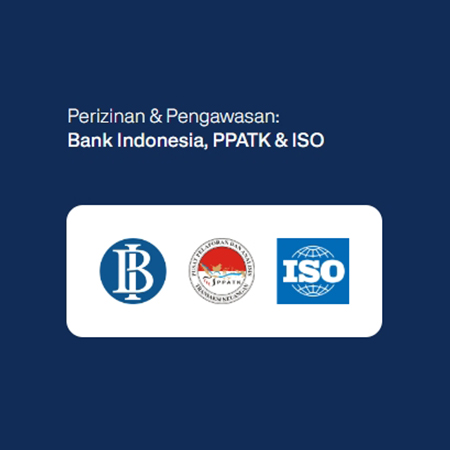International trade is an inevitable phenomenon in today’s era of globalization. While it appears to bring significant advantages, it’s important to understand both the positive and negative impacts it can have.
This phenomenon not only affects the countries involved but also helps shape a comprehensive global economic foundation. Even though there are benefits that can be gained from international trade, it’s also necessary to understand the potential negative consequences that may arise.
Positive Impacts of International Trade

1. Sustainable economic growth
International trade goes beyond just buying and selling goods and services; it acts as a driver of sustainable economic growth. By opening up to exports, a country has the opportunity to increase its domestic income.
This fosters a more favorable economic environment for investment and the development of domestic industries. Additionally, trade can create new jobs, strengthen the economic structure of a country, and reduce unemployment rates.
2. Higher standard of living
With access to the global market, people can enjoy a wider range of goods and services at more affordable prices. International trade also brings in high-quality products for consumers and expands options in education and healthcare. People’s standard of living continues to improve as they gain access to better-quality goods and services, including in education and healthcare.
3. Access to innovative technology
International trade opens the door to innovative technologies from around the world. By exchanging experiences and knowledge, countries involved in international markets can learn efficient production systems and adopt advanced technologies.
Such innovations can open up new opportunities in various economic sectors. This also boosts productivity, making products and services more affordable while maintaining high quality for consumers.
Also read: 10 Types of Indonesian Plantation Export Commodities That Are Renowned Worldwide
4. Economic diversification and balance
Participation in international trade also promotes economic diversification in a country. Nations that rely on a single economic sector are usually more vulnerable to global market fluctuations.
Balanced trade allows economic risks to be distributed across different sectors. This diversification helps create a balanced economic growth, face global economic challenges, and build national resilience.
5. Stronger diplomacy and harmony among nations
International trade also carries an important political dimension. Healthy economic relationships between countries can promote stability and reduce the potential for international conflict.
Through economic cooperation, countries can build mutual trust. This also fosters harmony among nations and strengthens diplomatic relations.
Negative Impacts of International Trade

1. Decline in production and job losses
Certain economic sectors may face production declines or job losses due to competition from cheaper imported products. This can lead to social and economic instability at the local level.
2. Economic inequality
International trade also has a dark side that countries need to consider. Economic inequality may grow, with most of the trade benefits possibly going only to a few individuals or large corporations. This can deepen social and economic disparities within a country.
3. Environmental harm
International trade can negatively affect the environment. Global transportation of goods contributes to pollution and puts additional pressure on natural resources. Poorly managed trade can damage ecosystems and accelerate global climate change.
Also read: 7 Characteristics of a Perfect Competition Market You Must Know
4. Decline in domestic product sales
International trade introduces foreign products into the domestic market, creating wider competition. This new level of competition spans across borders.
When foreign industries offer better-quality products at lower prices, consumers are more likely to choose those imports. This reduces the sales of local products, as markets tend to favor high-quality goods at affordable prices.
5. Dependency on developed countries
Another negative impact is the dependence of poorer or developing countries on developed nations. This is mainly because developed countries have more advanced technology and better-quality products.
As a result, local populations may opt for importing rather than developing similar products. In terms of consumption, it’s clear that digital goods, automotive products, and technologies are dominated by developed nations.
6. Small industries struggle to compete
Capital is a crucial factor in building a business. Limited capital makes it difficult for small industries to grow. International trade increases the pressure on small industries and restricts their mobility.
Many new entrepreneurs may go out of business as they not only compete with national industries but also with international and even multinational corporations with far greater capital.
Download the Transfez App
The Transfez app helps you transfer money abroad faster, cheaper, and more efficiently. Transfez Business also supports companies in making international transactions. Whether you’re sending money to family overseas for education, work, or travel—Transfez is ready to help. Available on both Android and iOS. Download now!











